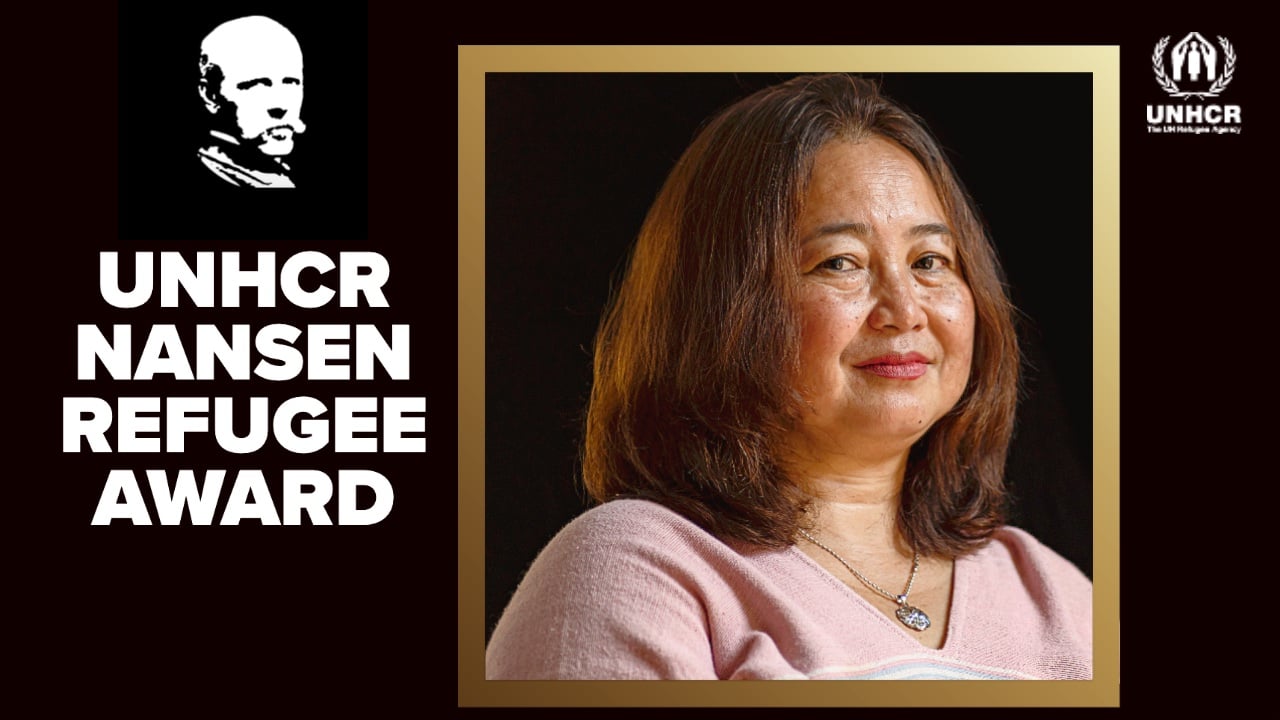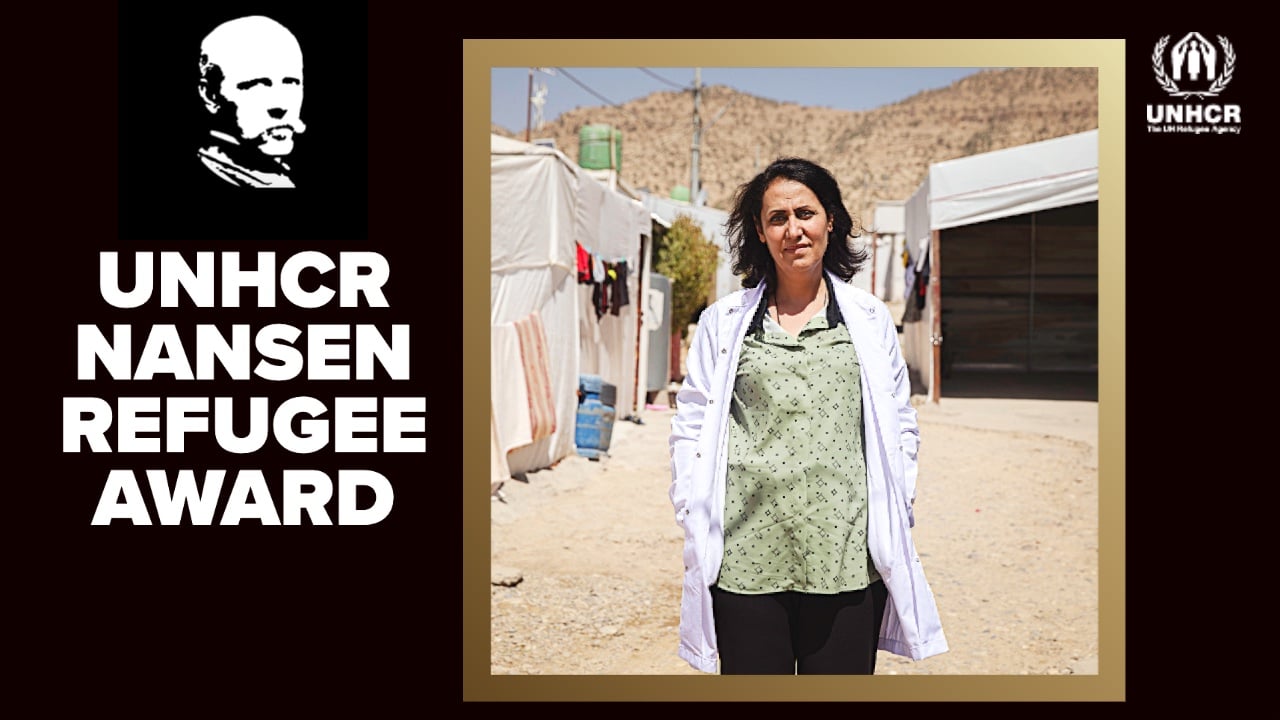UNHCR cash provides lifeline for Yemeni war displaced

UNHCR cash provides lifeline for Yemeni war displaced
SANA’A, Yemen – Hassan Naser was uprooted by war from his home in Aden three years ago and now lives with relatives in Sana’a with his wife and four children.
Walking with the aid of a stick, he managed to collect cash assistance from a bank in the Yemeni capital, which will be vital for him and his family.
“I suffer from kidney failure and I can only walk very slowly because I have a slipped disc,” he explains. “I will use most of the money to pay for medicine and will use some of it to pay rent arrears for my house.”
UNHCR, the UN Refugee Agency, said on Friday it had stepped up efforts to ensure that displaced people in Yemen like 61-year-old Naser have access to cash support to meet their most urgent shelter and protection needs.
UNHCR spokesperson Andrej Mahecic said the assistance was a lifeline for Yemen’s most vulnerable displaced families, helping them to meet their urgent needs.
“Current pre-famine conditions and cholera outbreak in Yemen come on top of the disastrous impact the conflict has had so far -- massive displacement and mounting civilian casualties,” he told a press briefing in Geneva.
“It remains vital that the critical life-saving activities are supported."
“Therefore, it remains vital that the critical life-saving activities -- including protection and emergency shelter -- are addressed and supported in parallel with food, health and education programmes.”
The 20,000 or so families benefitting from the assistance have fled fighting to safe areas or have returned to their homes after being displaced. Many often find their homes in ruins and struggle to survive.

Among recipients is Siham Abduallah, 27, who fled the western port of Hudayda four months ago with her two children and her twin brother Bassam, who has one child. They now live in temporary accommodation in Sana’a.
“All the shops closed and my children cried of hunger,” she says. “We had to leave. Shelling and air strikes hit our neighbourhood. Even our house was damaged by shrapnel."
"I have one disabled child who needs treatment. It is cold in Sana’a and he is getting sick.”
She added: “We are running out of food. I will use the money to buy food and pay the rent. My neighbours sometimes give us a piece of bread, because we have no food in our house. I have one disabled child who needs treatment. It is cold in Sana’a and he is getting sick.”
More than 22 million people are need of assistance in Yemen, where civil war erupted in 2015, of whom 2.7 million have been displaced internally.
UNHCR is working with Al Amal Bank to distribute cash directly through a so-called hawala system, which functions in Yemen despite the conflict. Families are notified by SMS message about their entitlements and can then collect their assistance from any of the bank’s agents in the country.
This allows UNHCR to provide assistance to families in hard-to-reach and remote areas. The cash avoids the need to resort to desperate measures, such as child labour and forced marriage.
So far this year, UNHCR has distributed almost US$33 million in Yemen. During October alone, more than 22,000 vulnerable families – about 150,000 people in total – received cash payments from UNHCR.
By the end of the year it aims to distribute more than US$41 million, benefiting 700,000 internally displaced people, returnees and host communities affected by conflict, as well as 130,000 refugees and asylum-seekers in the country.
Fighting in Yemen, already one of the poorest countries in the Middle East, has severely compounded years of poverty and insecurity. The worsening violence has disrupted millions of lives, resulting in widespread casualties and massive displacement, and the situation is rapidly deteriorating.
Two million people now languish in desperate conditions, away from home and unable to meet basic needs. Conditions are so serious that almost 1 million displaced Yemenis have lost hope and tried to return home, even though it is not yet safe.
Yemen is facing a humanitarian catastrophe. Without help, many more lives will be lost to violence, treatable illnesses or lack of food, water and shelter.









